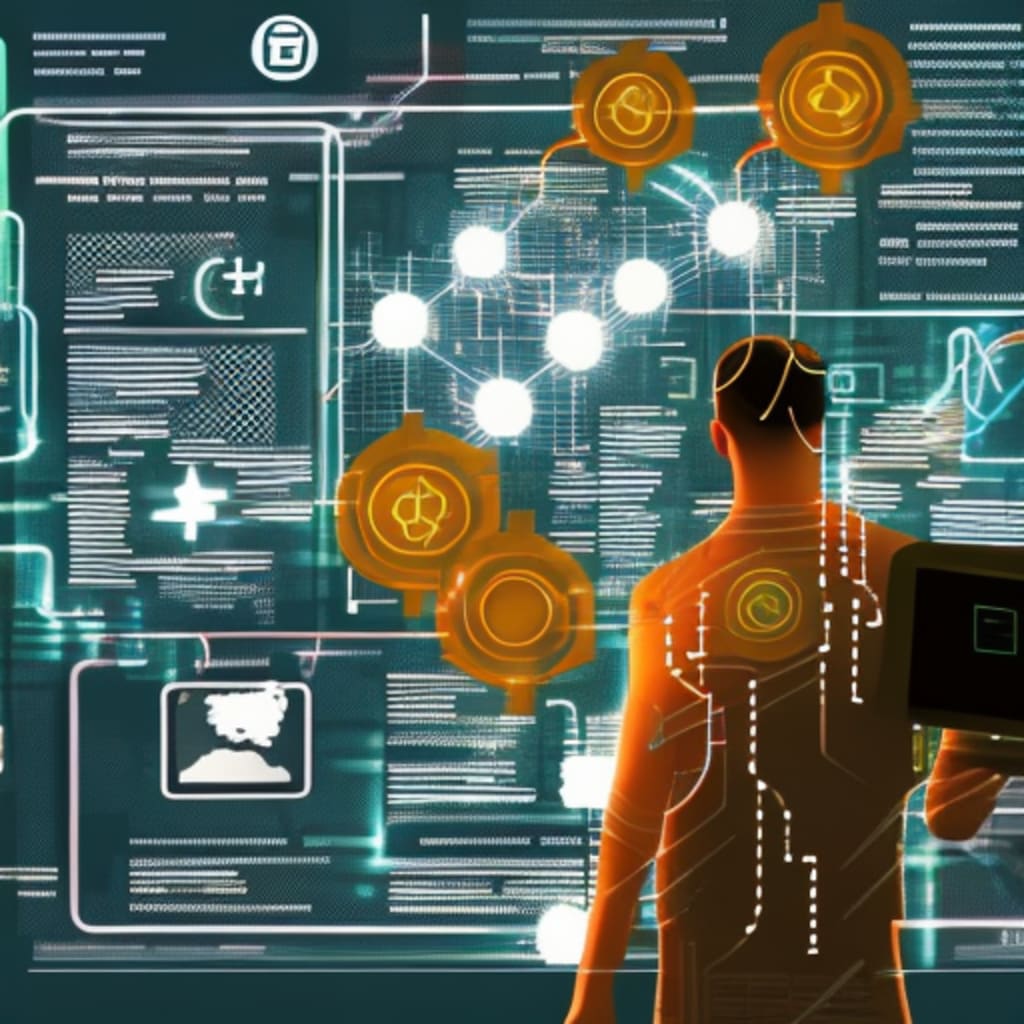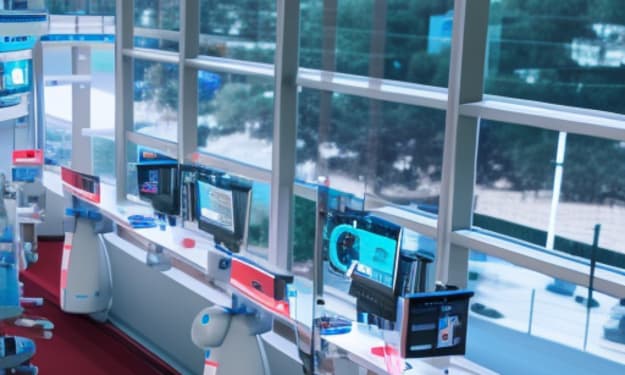The Future of Artificial Intelligence: Implications and Possibilities
Exploring the Promises and Challenges of AI in Shaping our Future Society

Introduction :
Artificial Intelligence (AI) has emerged as one of the most transformative technologies of our time, with the potential to reshape industries and revolutionize the way we live and work. As AI continues to advance at a rapid pace, it raises important questions about its implications and possibilities for the future. In this article, we will explore the potential impact of AI across various domains, examine the ethical considerations surrounding its development and use, and envision the possibilities and challenges that lie ahead.
AI in Healthcare :
The healthcare industry stands to benefit immensely from the advancements in AI. With the ability to analyze vast amounts of medical data, AI can assist in diagnosing diseases, predicting outcomes, and even developing personalized treatment plans. Machine learning algorithms can uncover patterns and insights that may elude human experts, leading to more accurate diagnoses and improved patient outcomes. However, concerns around data privacy, bias in algorithms, and the ethical use of AI in sensitive medical decision-making must be carefully addressed to ensure patient trust and safety.
AI in Automation and the Workforce :
AI technologies have the potential to automate repetitive tasks and enhance productivity across various industries. While this can lead to increased efficiency and cost savings, it also raises concerns about job displacement and the future of work. As AI takes over routine tasks, there will be a shift in the job market, requiring workers to develop new skills and adapt to changing roles. Upskilling and reskilling programs will play a crucial role in equipping individuals with the necessary expertise to thrive in a technology-driven workforce.
Ethical Considerations :
As AI becomes increasingly sophisticated, ethical considerations become paramount. Questions surrounding data privacy, transparency in decision-making algorithms, and the potential for AI to amplify existing biases need to be addressed. Responsible AI development requires robust ethical frameworks and regulations to ensure fairness, accountability, and the protection of individual rights. Collaborative efforts between industry, academia, and policymakers are necessary to establish guidelines that promote the responsible and ethical use of AI technology.
AI and Personalization :
AI has the potential to revolutionize the way products and services are tailored to individual preferences. From personalized recommendations on streaming platforms to customized shopping experiences, AI algorithms can analyze user data and deliver highly targeted content and recommendations. However, striking the right balance between personalization and privacy remains a critical challenge. Ensuring that individuals have control over their data and empowering them to make informed decisions about their privacy is essential in this evolving landscape.
AI and Society :
The widespread adoption of AI will have profound implications for society as a whole. From transportation to education, AI has the potential to reshape our daily lives and societal systems. It offers opportunities for improved efficiency, sustainability, and accessibility. However, concerns about job displacement, privacy, and the concentration of power in the hands of a few tech giants need to be addressed. Balancing innovation and regulation will be crucial in harnessing the full potential of AI while mitigating its potential negative impacts.
Conclusion :
The future of artificial intelligence is filled with boundless possibilities and exciting advancements. As AI continues to evolve, it is essential that we approach its development and integration with a strong emphasis on ethical considerations, transparency, and accountability. Collaborative efforts between industry leaders, policymakers, and society at large are crucial in shaping AI to benefit humanity as a whole. By addressing concerns such as data privacy, algorithmic bias, job displacement, and the concentration of power, we can build a future where AI is a force for positive change. With responsible development and thoughtful implementation, we can unlock the transformative potential of AI while ensuring that its benefits are accessible to all, paving the way for a more inclusive and prosperous future.
About the Creator
The Pen Crafts
With every word i write, I aim to inform, inspire and ignite conversations. Join me in exploring the intracies of the world we inhabit and the stories that shape our lives.





Comments
There are no comments for this story
Be the first to respond and start the conversation.